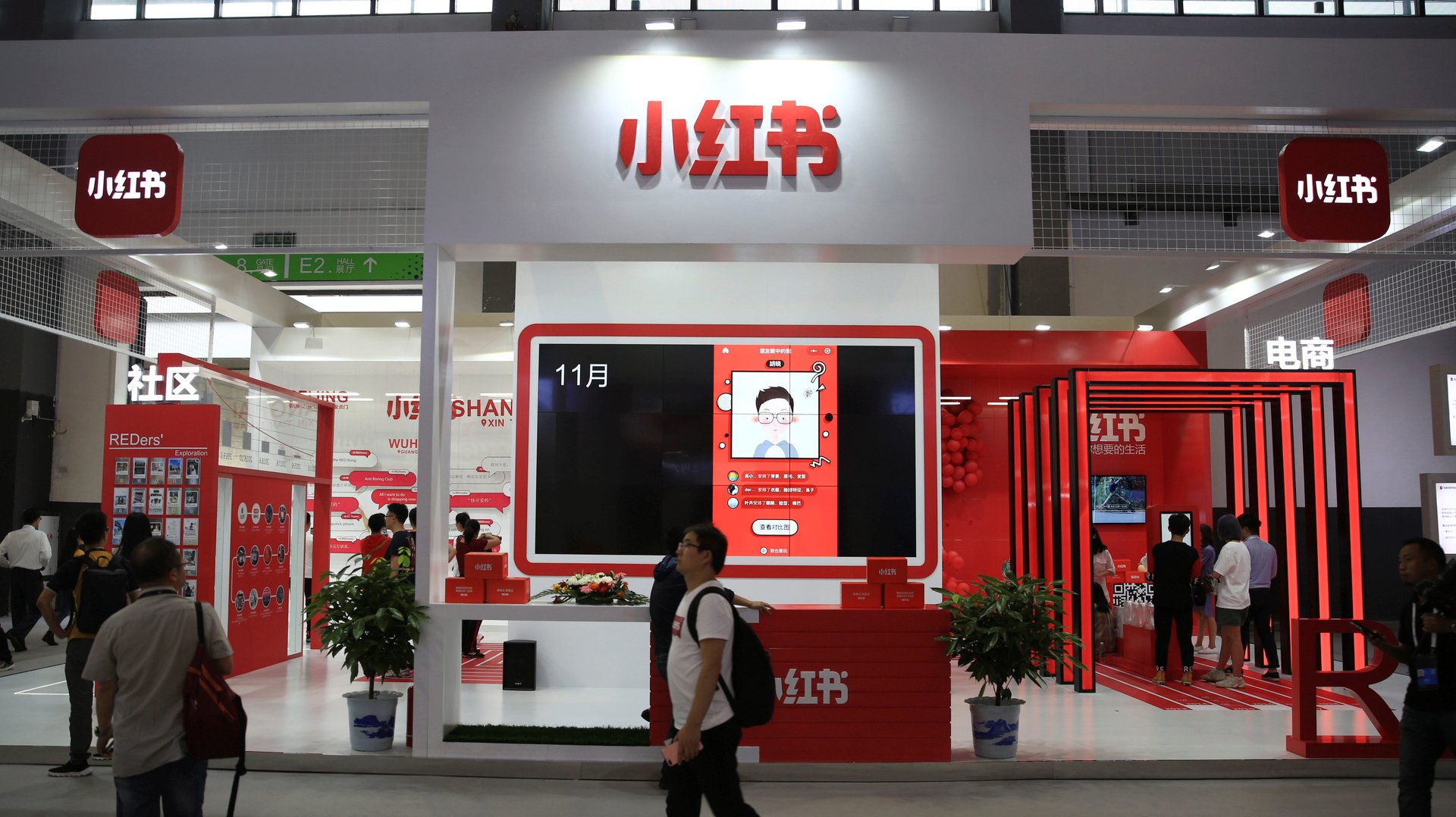A Chinese fashion site’s TGIF post went terribly wrong in the eyes of Beijing
Xiaohongshu, a popular social shopping app in China, ran afoul of the country’s internet censors last Friday with a social media post reading, “Tell me loudly: what’s the date today?”


Xiaohongshu, a popular social shopping app in China, ran afoul of the country’s internet censors last Friday with a social media post reading, “Tell me loudly: what’s the date today?”
While it’s unclear exactly what Xiaohongshu’s intent was, the company occasionally posts such messages on Fridays to engage its 14 million followers on Weibo, a heavily trafficked social media platform similar to Twitter. But in this case, the date was June 4, the anniversary of the massacre of pro-democracy protesters at Tiananmen Square in 1989 and an event whose history is subject to strict censorship in China. Xiaohongshu didn’t mean to reference Tiananmen, one person familiar with the situation told the Wall Street Journal.
The post on Weibo was swiftly deleted by Xiaohongshu itself, according to one source who spoke with Reuters. The company’s Weibo page has since been replaced by a message saying the account is unavailable due to complaints it violated laws and regulations, as well as Weibo’s standards. The company is now working with the Cyberspace Administration of China, the country’s internet regulator, to investigate what happened.
Either way, China keeps tight control over its internet and the companies operating on it, large and small. Xiaohongshu, whose name translates to “little red book,” is a swiftly growing e-commerce company with backers including Chinese tech giants Alibaba and Tencent. It’s rumored to be preparing for an IPO in the US this year that could value it at more than $10 billion, and likely doesn’t want to draw undue attention from China’s government.
At the same time, China’s grip on its own history is so firm that many in the country aren’t aware of the events at Beijing’s Tiananmen Square. Young workers who sign up for the job of monitoring and scrubbing the country’s internet of banned content often have to be told about the Tiananmen crackdown themselves so they know what references to look for. This year, following its takeover of Hong Kong, the government extended its censorship to that city too, banning the annual June 4 vigil that took place there.
We have reached out to Xiaohongshu for comment and will update this story with any reply.
China’s internet clampdown
Xiaohongshu has run into trouble before. In 2019, it was pulled from app stores for unclear reasons, though Chinese media speculated it was over fake reviews proliferating on its platform.
Regulators have lately targeted an increasing number of tech companies over their business practices. The most notable is Alibaba, which found itself the subject of an antitrust investigation and whose founder, Jack Ma, abruptly disappeared from public life. It’s created a scenario where companies need to be cautious about what they do, and of course, what they say.
The situation extends to international companies operating in China too. Quartz itself had its app removed from Apple’s Chinese app store for reasons that were not fully explained. The decision was likely in response to reporting on the pro-democracy protests in Hong Kong and content about VPNs, or virtual private networks, readers could use to access censored sites.